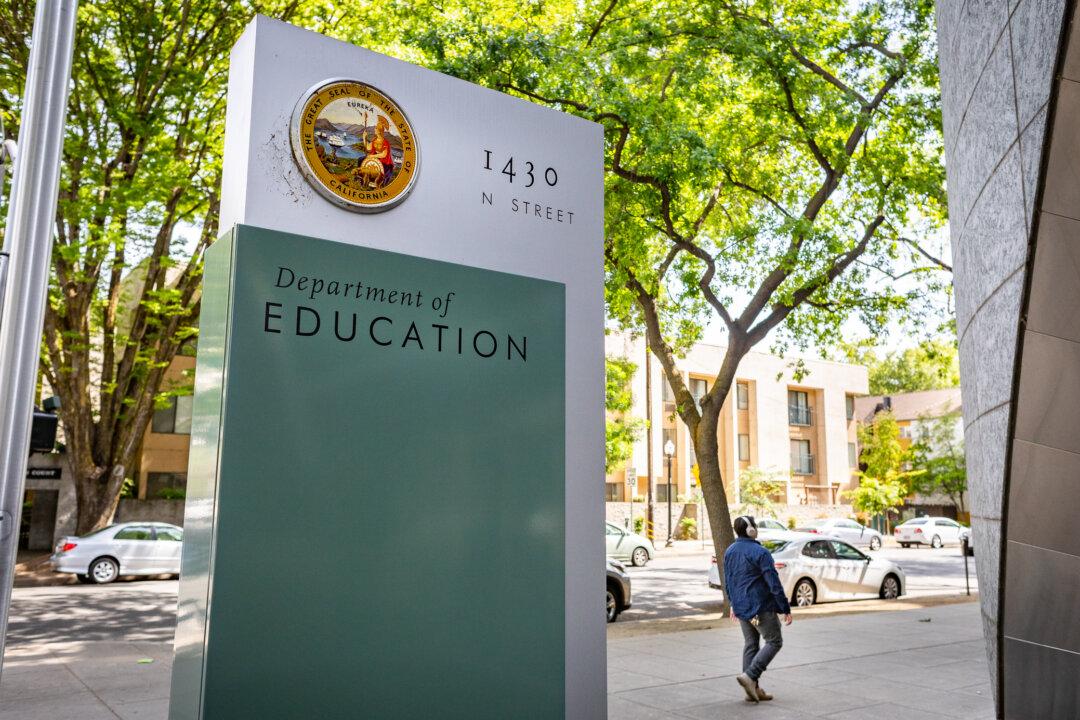Teachers from a California middle school are suing officials in their school district in federal court over policies that they say force them to conceal the transgender status of young students from parents.
The lawsuit happens to come after President Joe Biden’s remarks earlier this month in support of the nation’s teacher of the year angered parents by suggesting government knows best when it comes to the raising of children.





